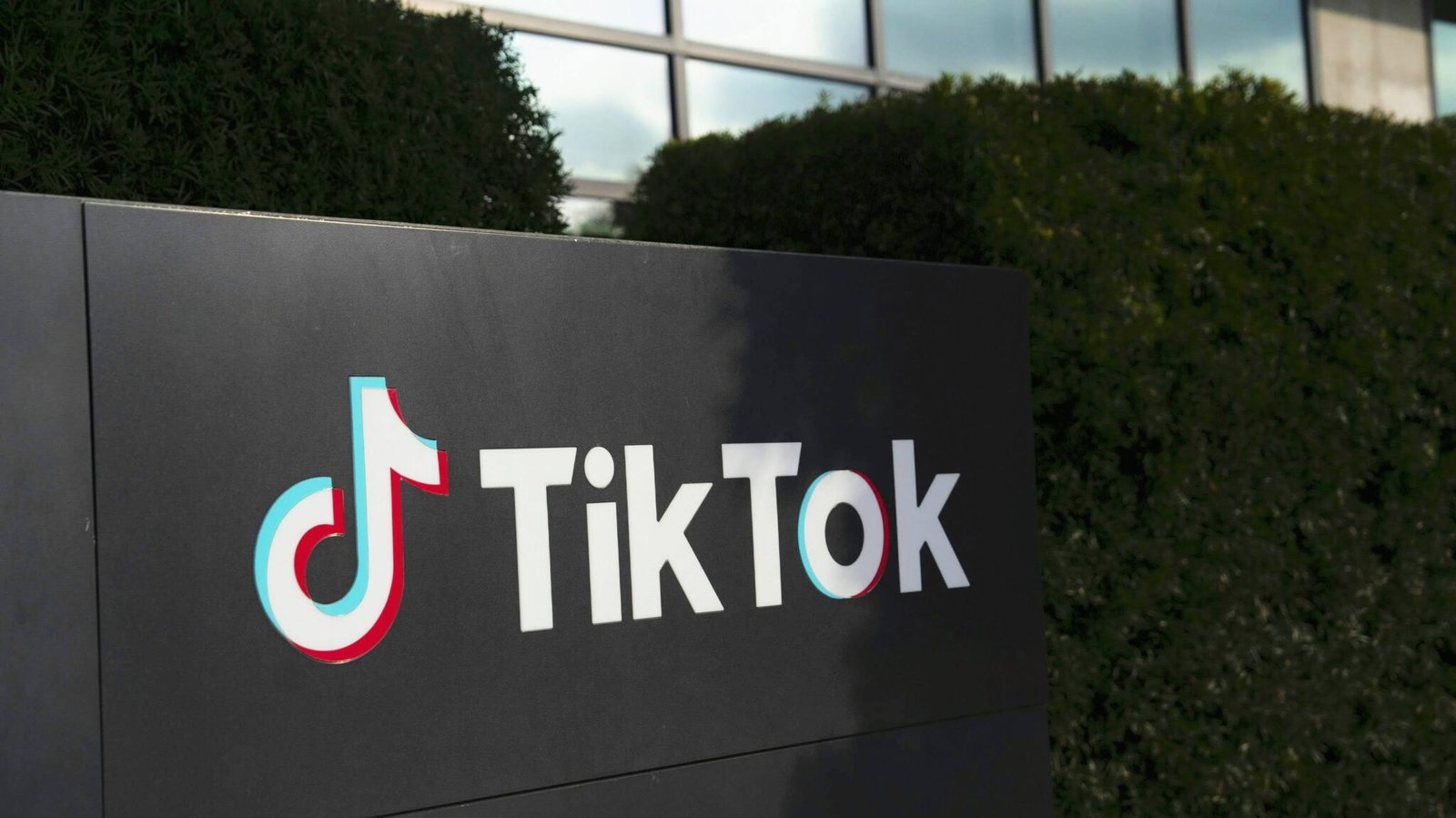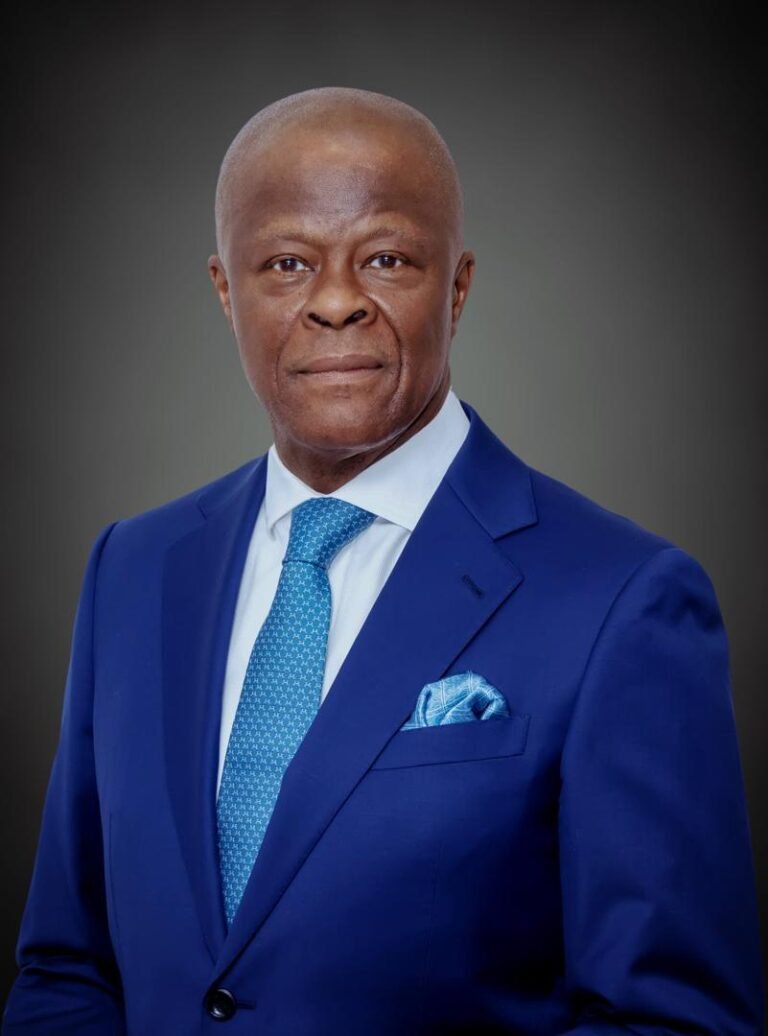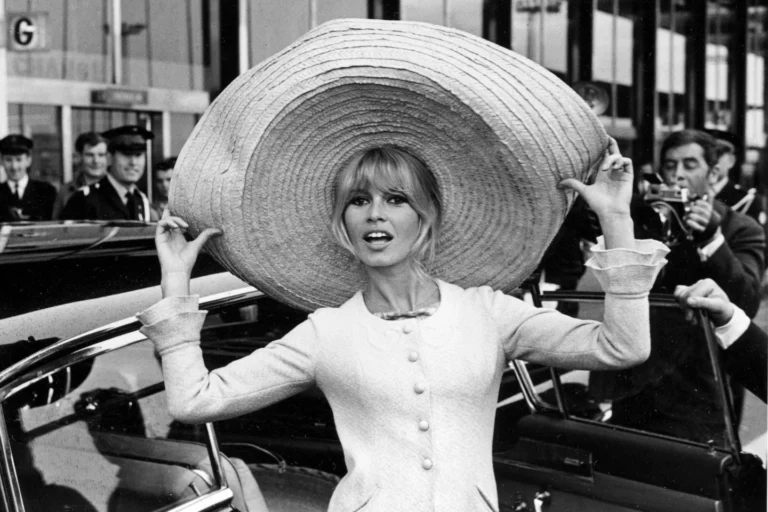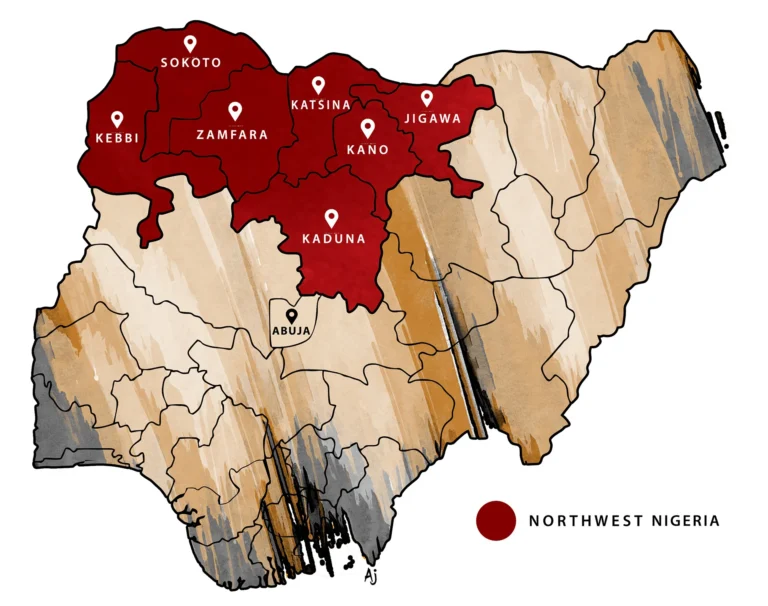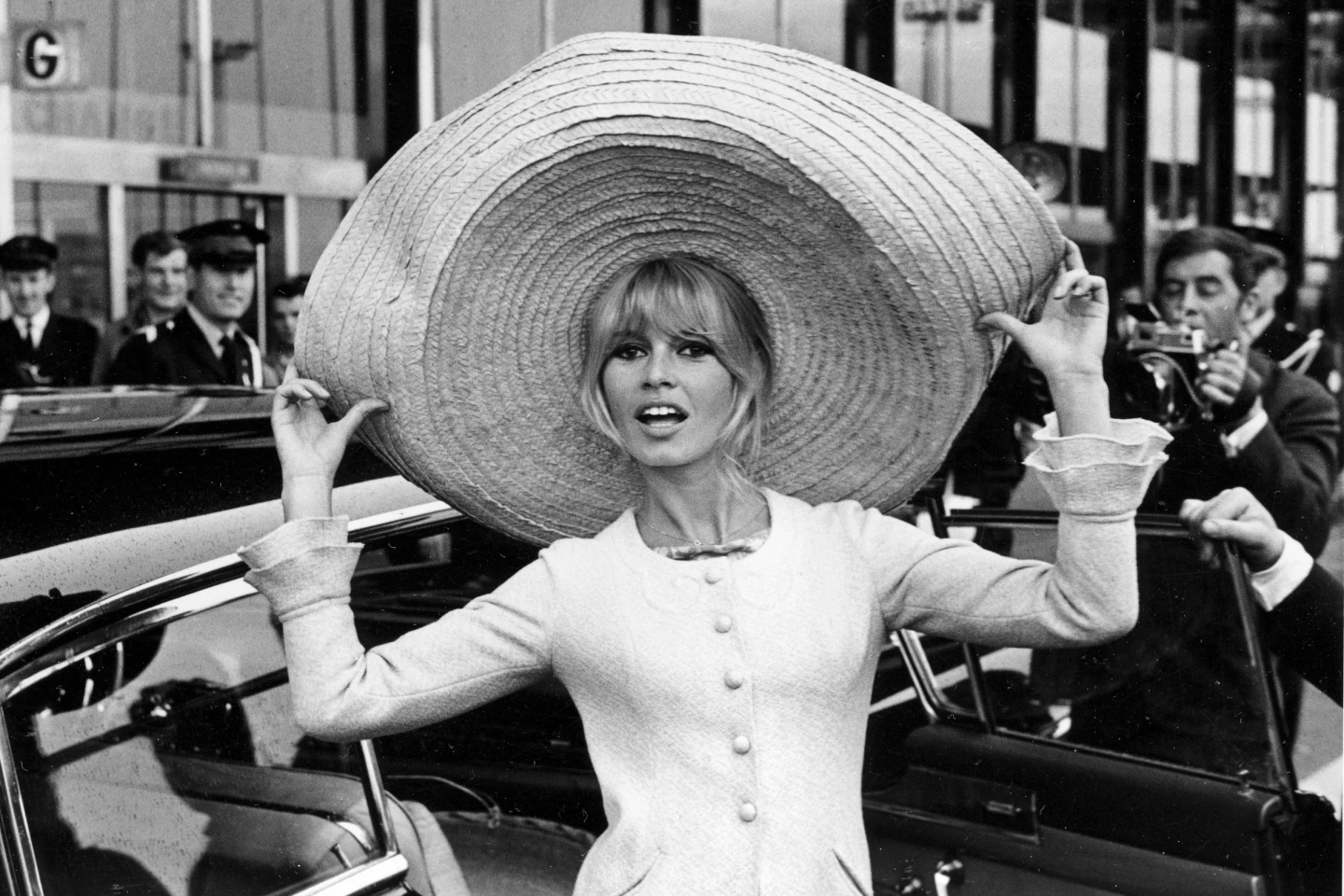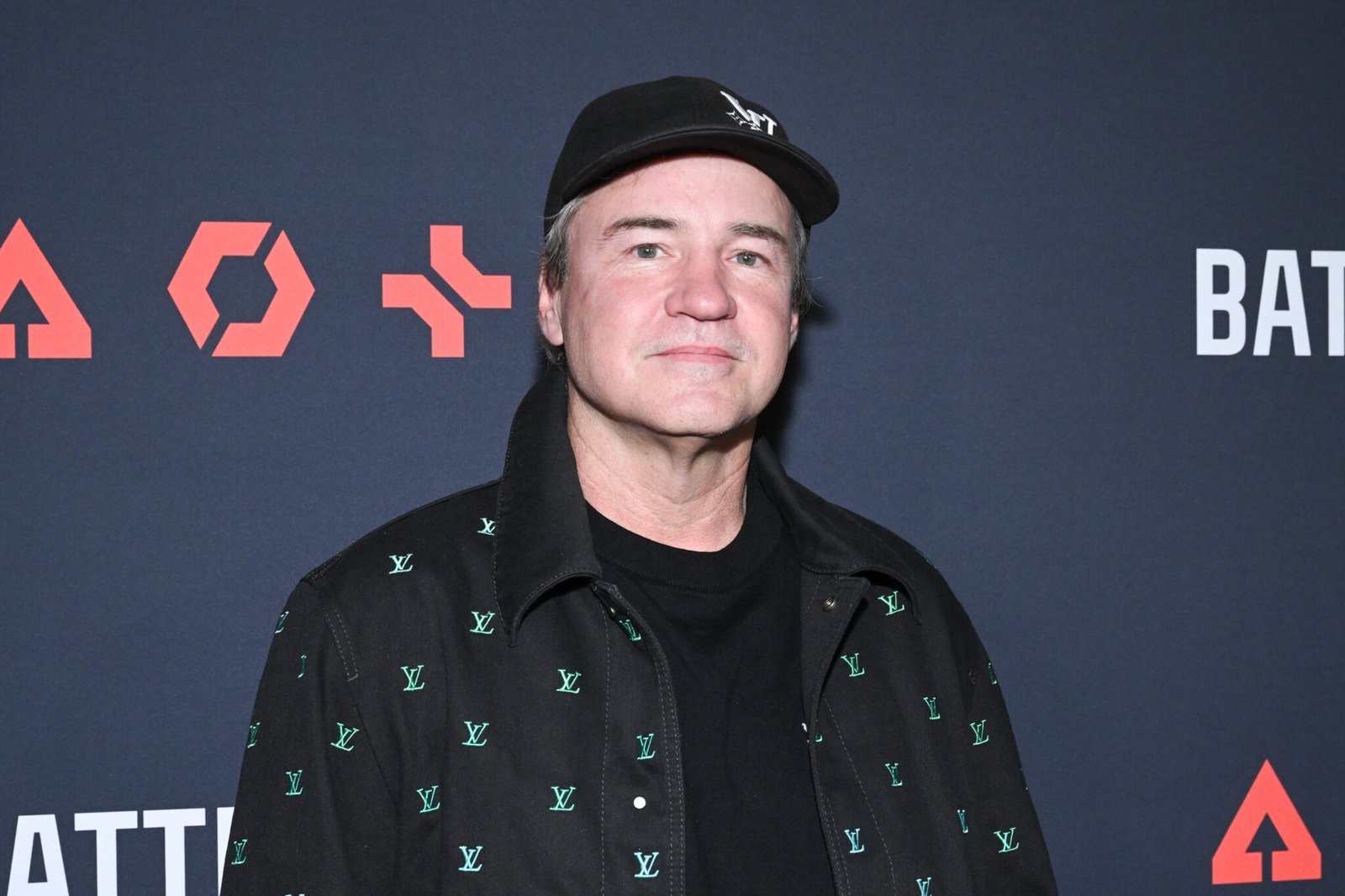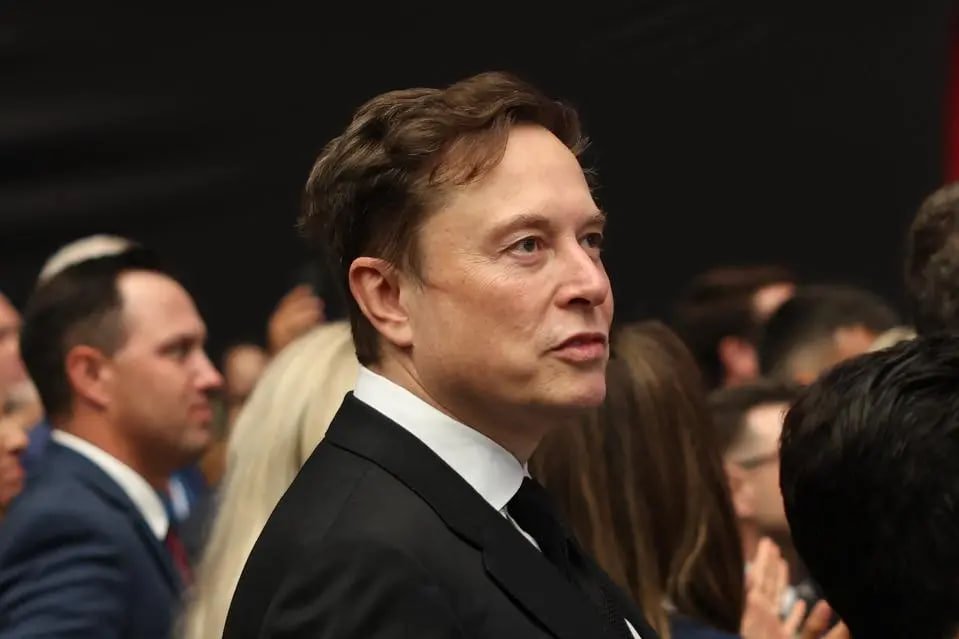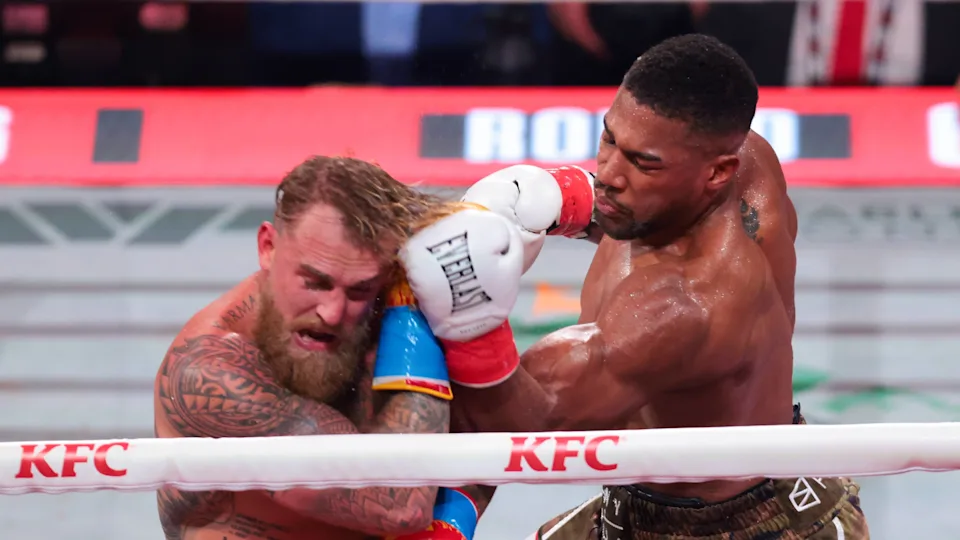President Donald Trump has once again deferred the enforcement of a law mandating the sale of the popular video-sharing platform.
On Tuesday, he issued an executive order shifting the deadline to December 16, marking the fourth such extension since the legislation came into effect in January.
This decision arrives just as indications of a tentative accord between U.S. and Chinese officials surface. Trump mentioned to the press that a “deal” has been struck in principle, with a conversation scheduled for Friday between him and Chinese President Xi Jinping to finalize details.
Treasury Secretary Scott Bessent indicated that core elements of the arrangement were settled earlier in the year, though progress stalled following U.S. tariff announcements.
Under the emerging structure, ByteDance—TikTok’s Chinese parent company—would separate the app’s U.S. activities into a standalone entity.
Existing investors such as General Atlantic and Susquehanna would retain their interests, while new American stakeholders, potentially including Oracle and Silver Lake, would join to dilute Chinese ownership to under 20%. Oracle, already handling some of TikTok’s computing needs, could expand its role significantly.
Notably, the new U.S.-based company would not acquire TikTok’s proprietary algorithm outright but would instead license it from ByteDance.
This setup has sparked debate among experts and former officials, who argue it may not fully comply with the congressional mandate requiring a complete severance of operational ties, including algorithm control, to mitigate national security risks like data access or propaganda dissemination by Beijing.
The bipartisan law, upheld by the Supreme Court, stems from longstanding apprehensions that TikTok’s links to China could enable espionage or influence operations targeting its 170 million American users.
During his first presidency, Trump attempted a outright ban, but his current stance has softened, attributing the app’s role in boosting his appeal among younger voters in the 2024 election.
Commerce Secretary Howard Lutnick and others have emphasized that any resolution must ensure American dominance over the technology and data.
However, critics like Lindsay Gorman, a previous Biden administration advisor, contend that retaining ByteDance’s influence over the algorithm undermines both security objectives and legal requirements.
As negotiations advance, with closure anticipated in the coming weeks to a month and a half, the outcome could reshape the social media sector. Potential buyers or investors, including names like Amazon and AppLovin from earlier discussions, highlight the high stakes involved.
Trump has hinted at flexibility, previously stating the app’s fate rests with China, but stressed the involvement of prominent U.S. firms in the purchase.
This ongoing saga underscores the tension between economic interests, technological innovation, and geopolitical concerns, with the White House now maintaining its own TikTok presence despite the unresolved issues.
Trump Further Delays TikTok Ownership Resolution as Framework Emerges
President Trump has extended the timeline for addressing TikTok’s U.S. status for the fourth occasion, providing additional breathing room until mid-December for a possible divestiture from its Chinese origins.
This latest postponement aligns with reports of a preliminary pact aimed at alleviating worries over the app’s connections to Beijing.
Speaking to journalists, Trump confirmed the existence of a basic agreement and noted an upcoming dialogue with Xi Jinping to solidify it.
The proposed setup involves carving out TikTok’s American segment into an independent firm, where ByteDance’s share would drop below 20% through infusions from U.S. investors.
Entities like Oracle, which supplies cloud services to the app, and private equity group Silver Lake are among those eyed for participation, alongside rollover stakes from current backers.
A key aspect is that the algorithm powering TikTok’s personalized content feeds would remain with ByteDance, licensed to the new entity rather than transferred. Chinese authorities have acknowledged this approach in statements, framing it as a market-driven solution respecting business autonomy.
Yet, this model raises questions about adherence to the federal statute, which demands the elimination of any collaborative links, particularly regarding content algorithms.
Legal scholars such as Anupam Chander suggest it might address data privacy by minimizing Chinese control, but warn of potential shifts toward U.S.-influenced content. Conversely, others like Zachary Price criticize the administration’s non-enforcement strategy as an overreach of executive authority, arguing it effectively legalizes non-compliance.
The legislation, enacted last year with broad support and Biden’s endorsement, reflects fears that China could exploit TikTok for intelligence gathering or ideological sway.
Trump’s administration has repeatedly suspended penalties against app distributors like Apple and Google, citing national security and diplomatic priorities in correspondence from Attorney General Pam Bondi.
With a deal potentially wrapping up soon, the resolution could influence competition in digital entertainment, especially given speculation around ties to figures like Larry Ellison and his son’s media ventures. Lawmakers from both parties, including Sen. Josh Hawley and Rep.
Dan Newhouse, have urged strict implementation, though vocal opposition remains subdued.
TikTok representatives and potential investors have largely stayed silent on specifics, as the process unfolds against a backdrop of trade frictions and technological rivalry.
Trump Issues Fourth Extension on TikTok Enforcement as Ownership Talks Advance
For the fourth instance, President Trump has deferred action on a law that would prohibit TikTok unless detached from ByteDance, its Chinese proprietor.
Via executive order, the pause now lasts until at least December 16, coinciding with announcements of a conceptual resolution in bilateral discussions.
Trump described the situation as having a secured arrangement, with major U.S. corporations poised to acquire the platform. A Friday call with Xi Jinping is expected to lock in the terms. According to Bessent, negotiations in Spain yielded this outline, reviving efforts disrupted by tariff disputes earlier.
The plan envisions a U.S.-centric company for TikTok’s domestic functions, incorporating investors such as Oracle and Silver Lake to cap ByteDance’s stake at less than 20%.
This would involve licensing the core algorithm from China, a detail confirmed in Beijing’s communications emphasizing regulatory compliance and enterprise independence.
National security hawks have long highlighted risks of data breaches or misinformation campaigns via the app, prompting the upheld law. Trump’s shift from his prior ban push to extensions reflects TikTok’s electoral impact and his administration’s active use of the platform.
However, experts question if licensing satisfies the requirement for full independence, potentially leaving vulnerabilities. Alan Rozenshtein notes the law’s clarity leaves little ambiguity for non-enforcement, while Chander posits that keeping the app operational aids a viable sale over a shutdown.
Previous deal attempts in April faltered, but current momentum suggests closure within 30-45 days. Chinese officials vow to safeguard interests, as U.S. figures like Lutnick insist on domestic control of tech assets.
Congressional responses have been tempered, with calls for adherence but no major backlash. The evolving scenario could redefine social media dynamics, balancing innovation with safeguards.

